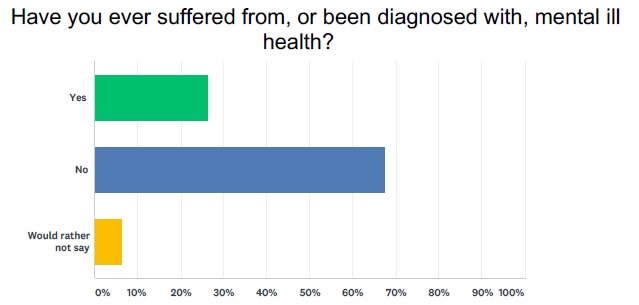
The news is now known. After a short illness, Francis Ingham, the Director General of the PRCA, and Chief Executive of the International Communications Consultancy Organisation (ICCO), has passed away.
Knowing Francis, he would be delighted by all of the praise that he’s been receiving online. And he’s always loved making headlines, be it now or with the expulsion of Bell Pottinger or his comments on Ukraine and Russia.
Francis would be the first to admit he was no saint. In many ways, he was a polarising figure. You either loved him or didn’t, but you wouldn’t not have an opinion of him.
What Francis did have in bucketloads was energy and a belief in his mission. He wanted to make the PRCA the foremost communications association in the world. He expanded the PRCA into the Middle East, Southeast Asia and South America. He’d never shy away from speaking with anyone or turning foe into friend.
This is how we met. I’d criticised the PRCA for how they’d entered the Gulf. Francis could have done what his regional chairman did and complained to my then chair at MEPRA. Instead, Francis reached out, called me, and asked how we could collaborate.
His ability to get people to buy into what he was doing set Francis apart (especially over lunch or dinner with a bottle of red). But he could also be scathing. I knew of many who, in my view incorrectly, blamed him for the fall of Bell Pottinger when he expelled them from the PRCA for the scandal of their work in South Africa.
Francis found himself undone by his own comments on Ukraine and Russia. In speaking his views about the industry and its dealings with Russia, he set into motion a process that would put him under investigation by the PRCA board.
The last time I spoke to Francis was a typical Ingham experience. He called me up about an issue I had with one award nomination, and turned it into a conversation about how I could support him with his own issues.
For everything that has been said about him, one fact is undeniable. For 15 years he has grown the PRCA into a global movement. That will be his legacy, much more than the headlines and the social media praise of the past couple of days. I for one am grateful to Francis for the attention he focused on our profession and the work he did to train and develop countless communicators.
Here’s raising a glass to you Francis.





